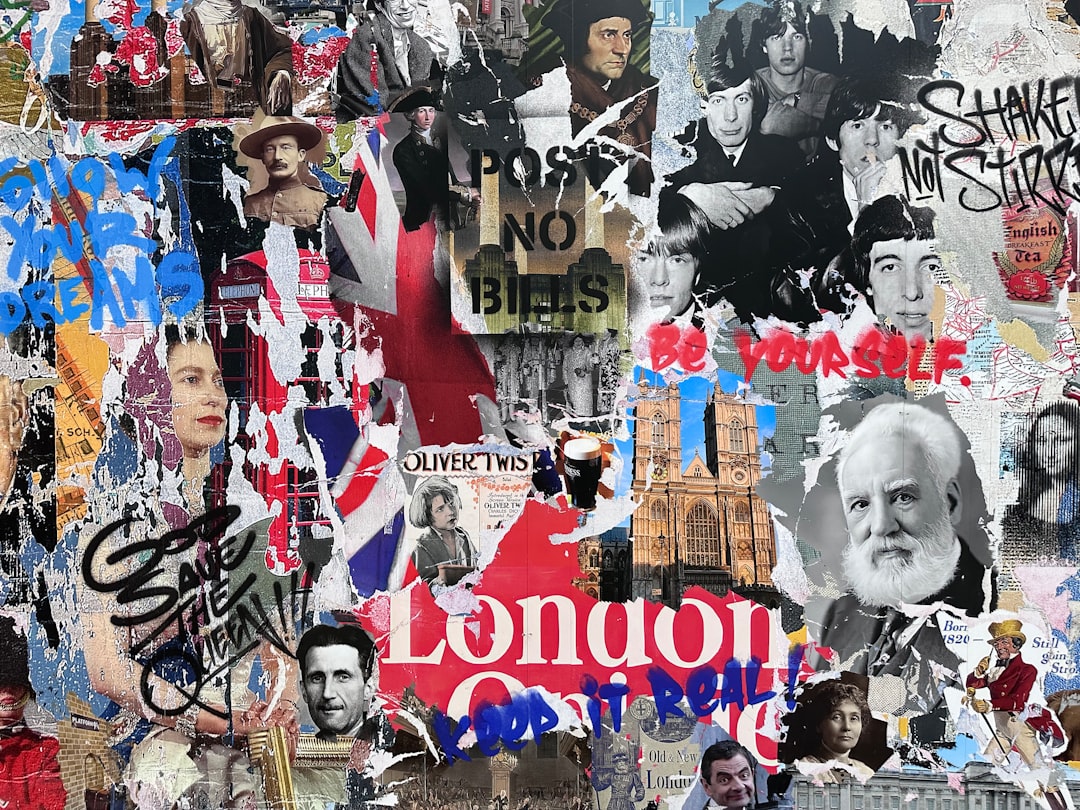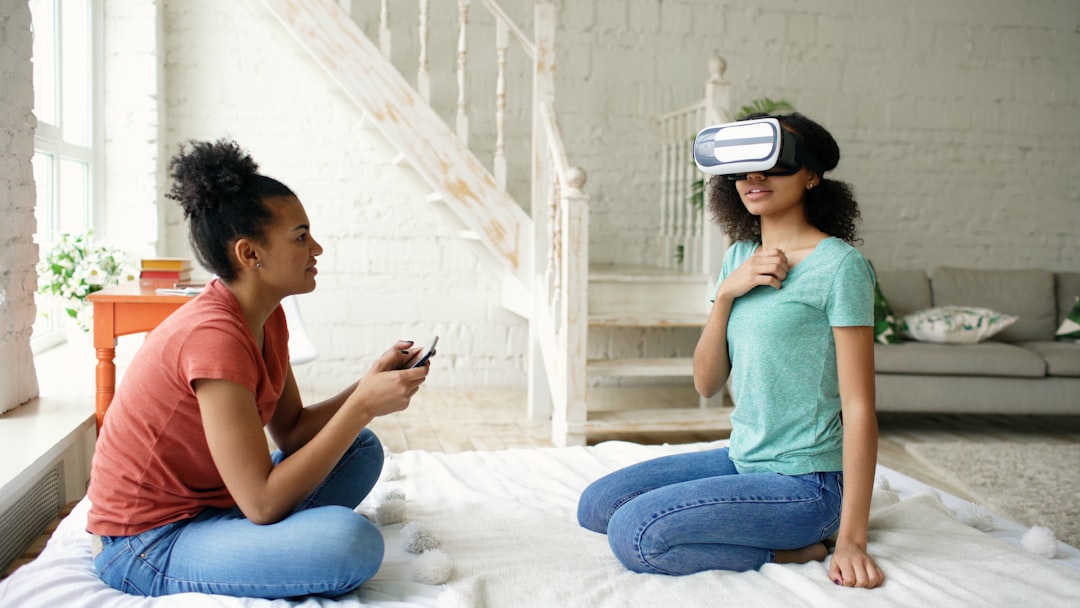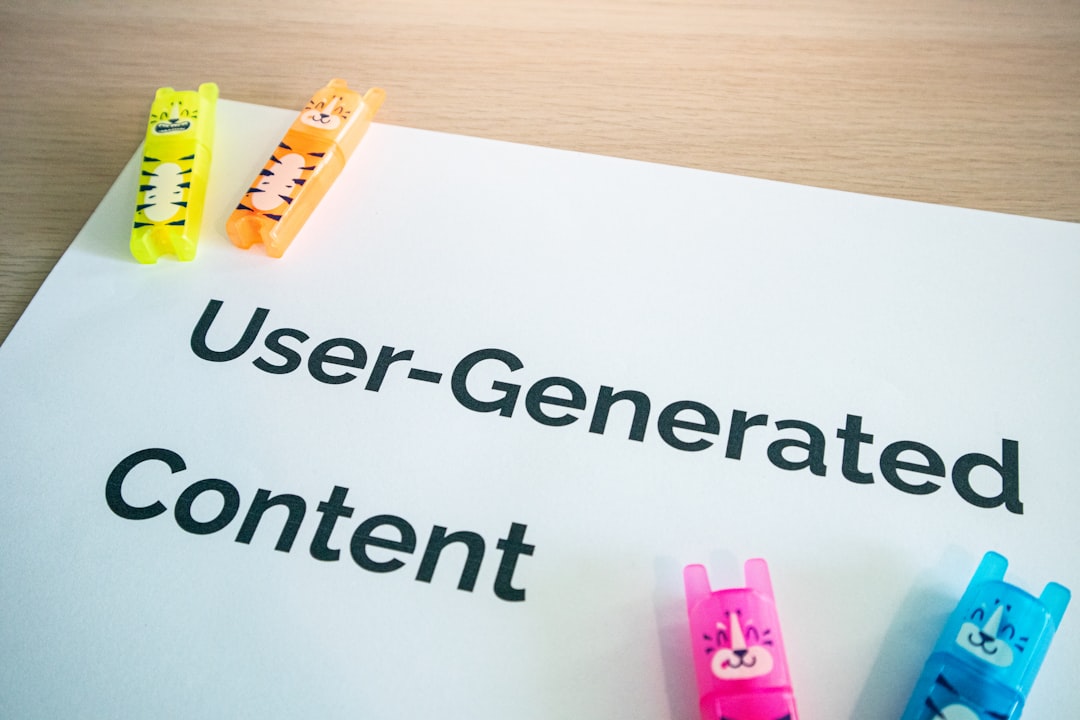Revolutionizing Influencer Marketing: Trends and Innovations You Need to Know
The influencer marketing landscape is evolving rapidly, with new technologies transforming how brands connect with consumers. Notably, recent trends in the luxury sector highlight the role of artificial intelligence and virtual influencers in this shift.
In this post, we’ll explore these innovative changes. We’ll also examine what they mean for brands and marketers aiming to remain relevant in digital advertising.
Why It Matters
- AI-generated models, such as those introduced by Balmain, enable more diverse and imaginative campaigns.
- Virtual influencers consistently engage audiences while maintaining a coherent personal brand.
- With AI technologies forecasted to reach $190 billion by 2025, these innovations are attracting significant investments.
How Brands Can Leverage These Innovations
Brands can utilize AI and virtual influencers to craft unique marketing strategies. For instance, Balmain’s use of AI-generated models has set a new standard by showcasing their fashion line with creativity and efficiency. Companies like Samsung collaborate with virtual influencers, such as Lil Miquela, to engage younger, tech-savvy audiences.
However, brands should remain mindful of potential challenges. Issues like authenticity and audience trust are crucial. Striking a balance between technology and genuine human connection is vital for success.
What’s Next?
The future of influencer marketing appears promising, with ongoing innovations expected to reshape the industry. As artificial intelligence advances, brands must adapt their strategies accordingly. Today, marketers can start by integrating virtual influencers or AI elements into their campaigns. This will help to engage their audiences more effectively and pave the way for future advancements.
In conclusion, embracing these trends allows brands to remain competitive and relevant. By leveraging AI and virtual personalities, they can revolutionize their marketing strategies and meet the evolving demands of consumers.
Discover Our Latest Insights


AI Influencers: The Future of Digital Marketing

The Rise of Virtual Influencers: A New Era in Social Media Marketing
Ready to reach new heights?
For every 1$ you spend on influencer marketing, your brand earns $5.20 in ROI.
Kickstart your influencer marketing-led social-first advertising strategy.
